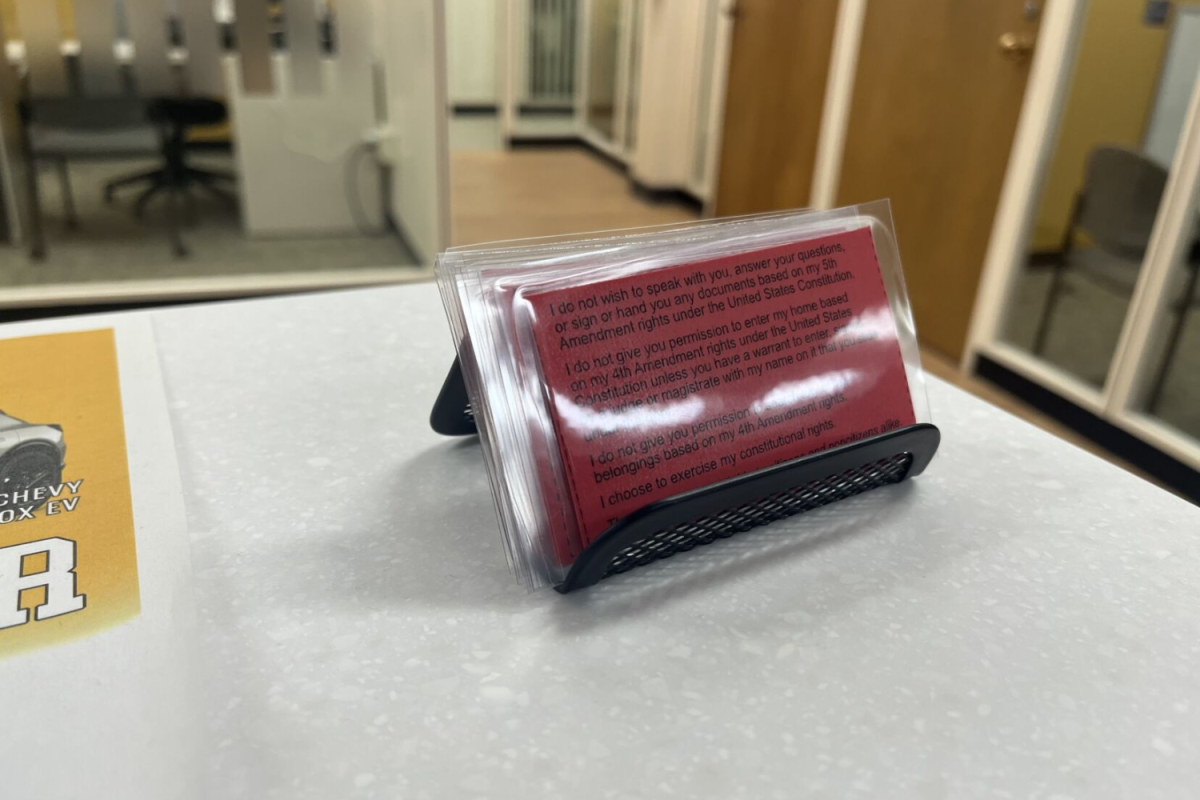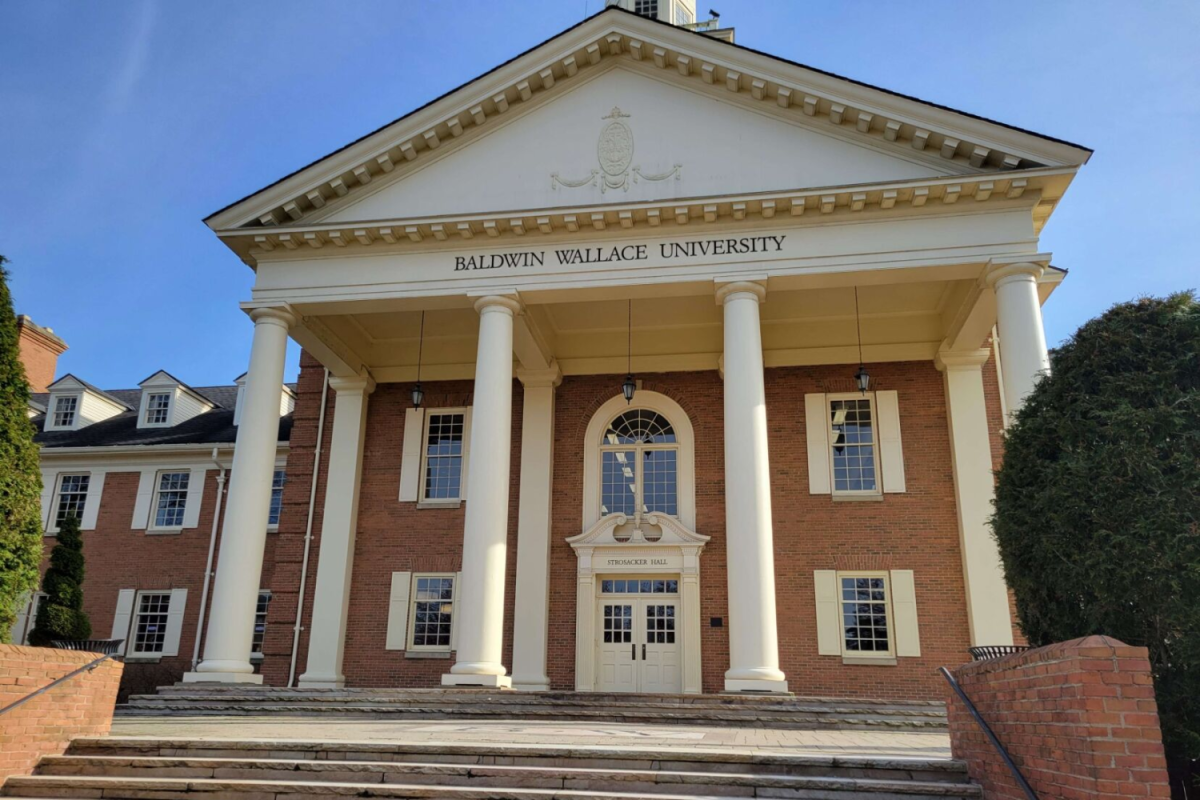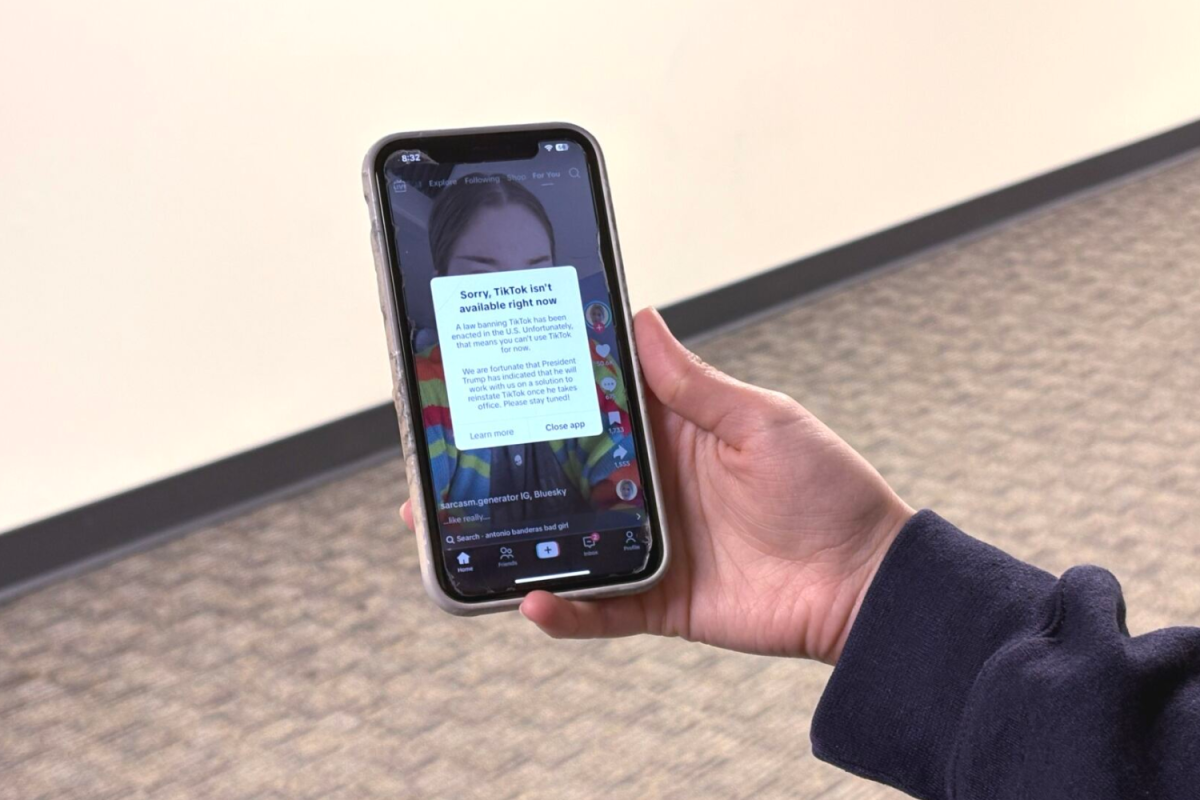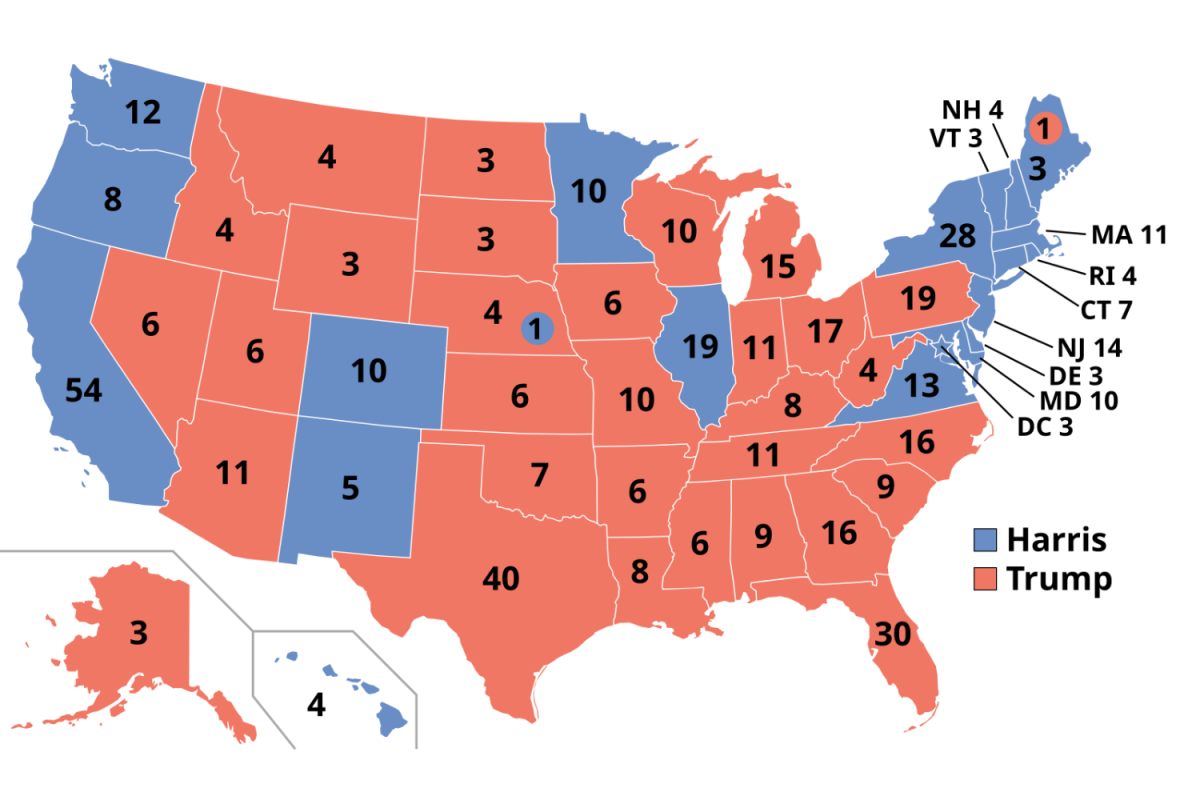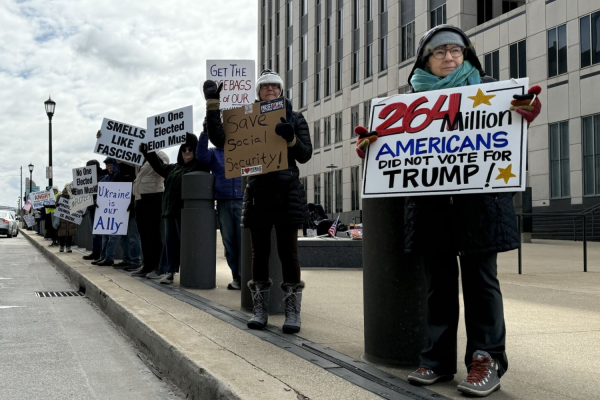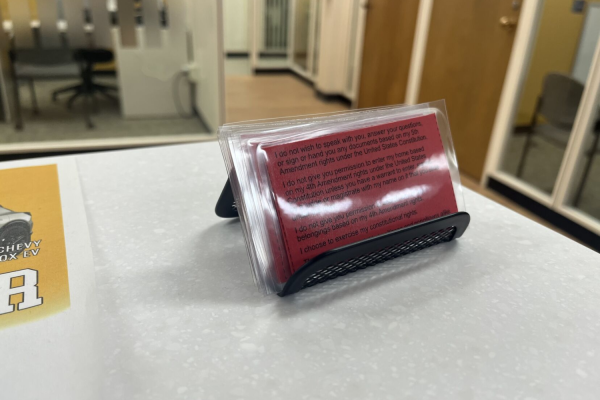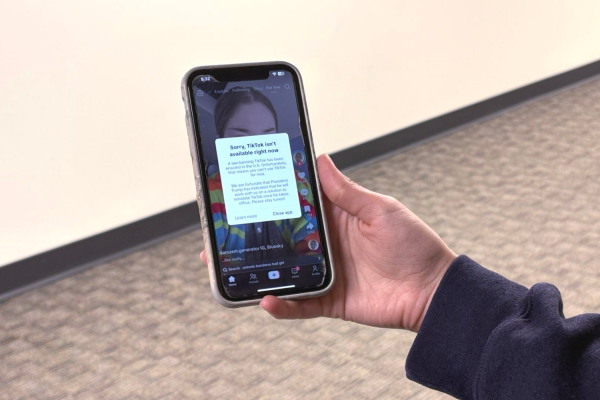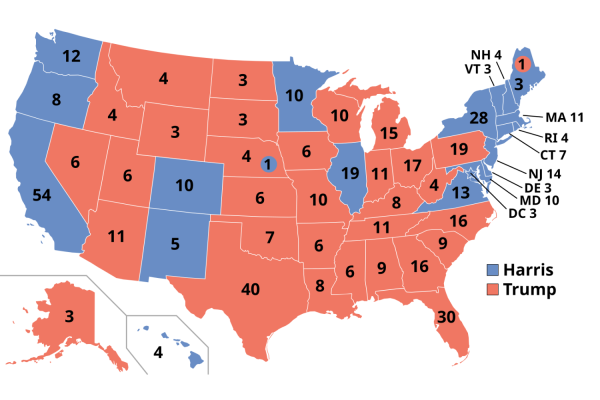U.S. lawmakers debate TikTok ban as privacy concerns threaten popular app
TikTok is currently facing threats from the United States government regarding a nationwide ban of the app across devices over data security concerns.
TikTok is currently facing threats from the United States government regarding a nationwide ban of the app across devices over data security concerns.
The motivation behind the potential ban comes from TikTok’s connections with their Chinese parent company ByteDance, an entertainment company who has been accused of handing data from American users to the Chinese government.
At a U.S. House of Representatives Energy and Commerce Committee hearing held on March 23 in which the chief executive officer of TikTok, Shou Zi Chew, was questioned, Democratic United States Representative from New Jersey, Frank Pallone, outlined the House’s data concerns.
“While TikTok videos provide a new way for people to express their creativity and enjoy the videos of others, the platform also threatens the privacy and security of the American people,” Pallone said.
Throughout the hearing, Chew, refuted these claims regarding ByteDance’s connections with the Chinese government.
“ByteDance is not owned or controlled by the Chinese government,” Chew said.
Despite these concerns for the security of American data on the platform, assurances have been made that American data is housed on American soil and is not subject to foreign influence, Chew said.
In an initiative entitled “Project Texas,” TikTok is working to have American data moved and stored with an American company acting as a third party to ensure American user’s data is safe from foreign interference.
“Today, TikTok user data is stored, by default, in Oracle’s service,” Chew said, referring to the Texas-based cloud computing form tasked with keeping user data.
According to Chew, this plan to move and store American data so that it would be on American soil and overseen by a board of Americans would “eliminate” the need for concern that any TikTok data could be subject to Chinese law.
“Only vetted personnel operating in a new company called ‘TikTok U.S Data Security’ can control access to this data,” Chew said.
Since this congressional hearing did not result in a clear solution about what needs to be done about the social media platform, TikTok is not yet banned in the U.S.
This hearing comes after a series of bills were proposed that would allow the banning of any app considered to be a threat to national security, including social media apps like TikTok.
One of the bills proposed, the Restricting the Emergence of Security Threats that Risk Information and Communications Technology act, would give the President the authority to ban TikTok without dealing with the struggles faced in previous attempts.
The White House has already expressed its own concerns surrounding the security of the app and has signaled support for the bill being proposed to Congress mandating that TikTok sell to an American company or be banned in the U.S altogether.
“We have concerns about the app, and that’s why we are calling on congress to act,” said Biden’s press secretary, Karine Jean-Pierre.
Despite this support from the White House, the bills that would allow for TikTok to be banned in the U.S are still pending the decision of Congress before a ban can officially be placed on the app. Currently there is not a date set for when a final decision is to be made regarding TikTok’s availability in the U.S.
The Exponent is looking for financial contributions to support our staff and our newsroom in producing high-quality, well-reported and accurate journalism. Thank you for taking the time to consider supporting our student journalists.




